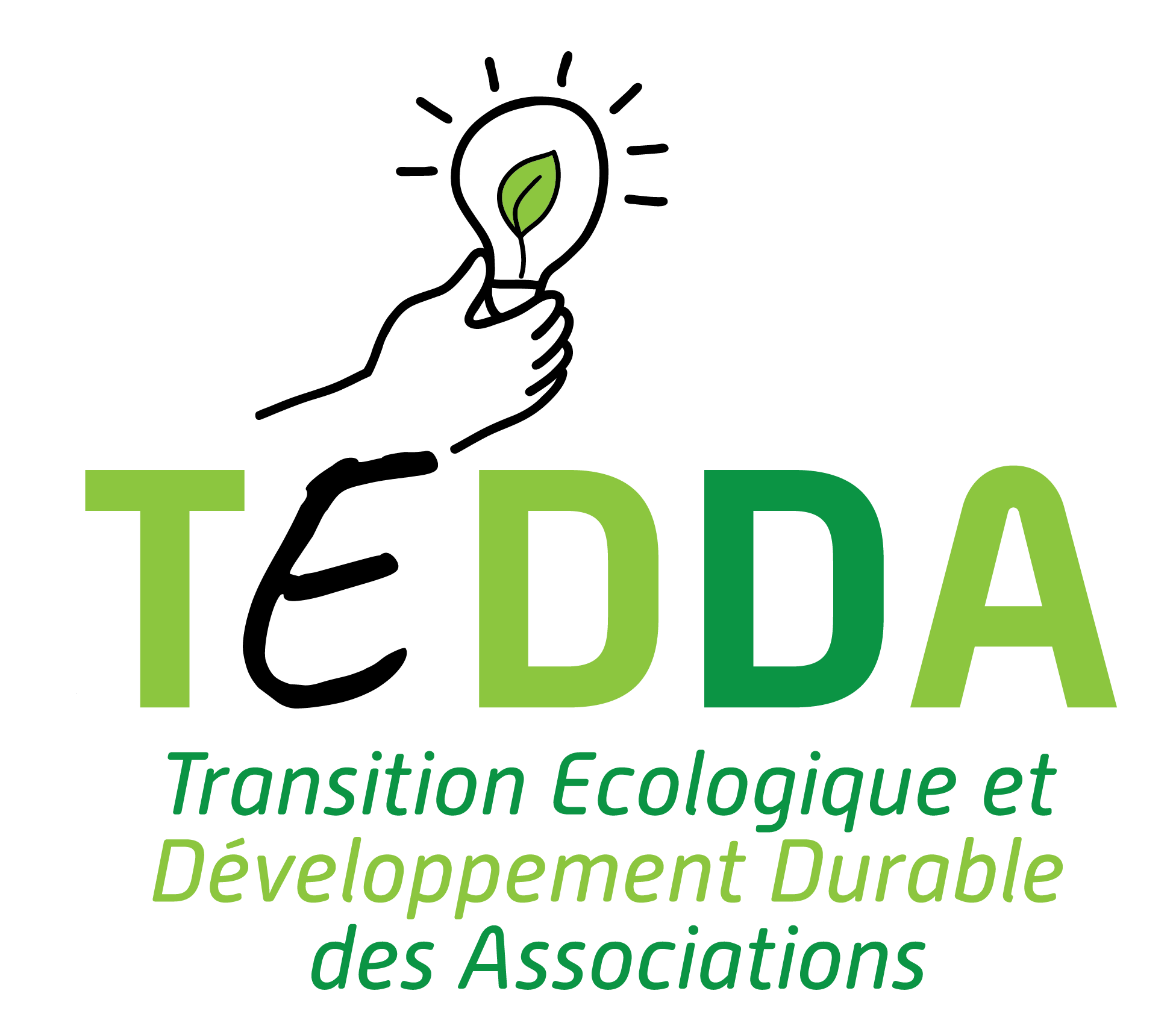
12 Dec Succeeding in the ecological transition of associations: A look back at the final conference
Succeeding in the ecological transition of associations in Europe: this is the name of the conference that POUR LA SOLIDARITÉ-PLS organised with its partners TEDDA on 30th November 2023 in Brussels.
The event brought together more than 60 people including academics, researchers, representatives of French, Belgian and Spanish associations, representatives of European associative networks, students and representatives of cooperatives.
In the introductory session, Denis Stokkink (President of POUR LA SOLIDARITÉ-PLS) observed that the challenge of sustainable development in Europe is increasingly important, and that the current European trend is towards “just” transition: a transition that is at once ecological, economic and social. The European Union (EU) is supporting this transition through its various budget headings, such as the ESF+ and ERDF structural funds, and the ERASMUS+ programme which has supported the “Ecological transition and sustainable development of associations” (TEDDA) project. Denis Dhalluin (Director of the Maison des Associations in Tourcoing), in his capacity as TEDDA coordinator, emphasised the transnational nature of the project, involving Belgian, French and Spanish associations. He also emphasised that TEDDA has designed accessible, high-quality tools to help small and medium-sized associations across Europe with their ecological transition, which are available on the project website: Gallery of inspiring portraits, Frieze of the energy transition and the carbon footprint game, Methodological guide to initiate the ecological transition and the White Paper.
This was followed by a presentation by researcher Simon Meert (doctoral student at HEC Liège – Centre d’Économie Sociale) on the links between the social economy and sustainable development. After defining the concepts, Simon Meert focused on analysing the synergies and tensions between social economy organisations (associations, cooperatives, mutual societies) and the 17 United Nations Sustainable Development Goals (SDGs).
The round table of actors from associations that followed focused on their day-to-day work. Entitled “Challenges and levers in the day-to-day ecological transition of associations” and moderated by Alexandre Durrande (Communicator specialising in sustainable food, collaborator of CEPS Projectes Socials in Barcelona), it brought together Marion De Backer (Co-founder & eco-advisor of the ASBL DEC!DE in Brussels), Anne Guilluy (Communications Officer and Assistant Director of Unis Cité in Lille), Nathalie Bardaille (Ecological Transition Officer at APES in Hauts-de-France) and Jean-François Herz (Co-Director of Solidarité des alternatives wallonnes et bruxelloises). The speakers highlighted a series of ideas and proposals, including :
- The usual, day-to-day obstacles most frequently encountered in the associative world are lack of time and funding.
- Change management is essential if we are to find the levers for implementing the ecological transition. To involve and mobilise their employees and volunteers collectively, associations can create links by starting with people’s needs. Associations can start to mobilise people from part of their team who are already aware of environmental issues, and then get the others on board. Convince others by your own example, or build on the small actions already taken, even small ones, and promote them by involving stakeholders.
- Other levers to take into account: benefiting from material and/or financial institutional support, pooling the use of premises, investing collectively in an energy renovation that you would never have done on your own, cooperating to seek funding, at the political level proposing projects to decision-makers that meet the challenges of social, economic and environmental transition.
- Transition is not just about the environment: social and economic aspects also need to be taken into account. Territorial aspects are also essential in the transition, and this is an opportunity for players in the social economy because the added value they bring is much greater in developing resources and territories. The inequalities of the poor must also be taken into account in the transition.
- Ideas for initial actions that can be launched, which are both accessible and provide continuity: list purchases of goods and services, see if there are any labels. There are players who are more responsible and can produce more responsible services. Or analyse the purchase of digital equipment.
After the round table, Simon Meert presented a tool currently being developed by HEC Liège, a sustainability management tool anchored in the SDGs, aimed at social economy enterprises, as well as SMEs, that wish to make a commitment to sustainability and require a resource to facilitate organisational diagnosis, monitoring over time and reporting. The tool is currently being digitised, with the pilot test scheduled for March 2024, and wider deployment planned between 2024 and 2025.
Xavier Galand (Director of the Maison Régionale de l’Environnement et des Solidarités in Lille) drew conclusions from the morning and made recommendations for a just transition for associations in Europe. He noted that, while they are aware of the global challenges and think globally, associations are taking action by taking small steps at their own level, in their own areas, involving all the stakeholders. Alone we go faster, but collectively we go further.
After a networking lunch served on site by the eco-responsible caterer APUS & les cocottes volantes, participants took part in workshops to discover the tools developed by the TEDDA project:
- Inform and raise awareness with the Transitions frieze and Carbon footprint game, led by Zoé Lepilleur (Maison régionale de l’environnement et des solidarités Lille)
- Take action in your association – a methodological guide, led by Nathalie Bardaille (Apes Hauts-de-France)
- Take action in your association – a gallery of inspiring portraits, led by Sarah Derouet (Maison des Associations de Tourcoing) and Alexandre Durrande (CEPS Projectes Socials).
During and at the end of this conference, the testimonies collected indicate that the public particularly appreciated:
- The richness of the contributions
- The interesting and useful results of the project
- The networking between players from different European countries
- The inspiration the event gave them for their future activities.




